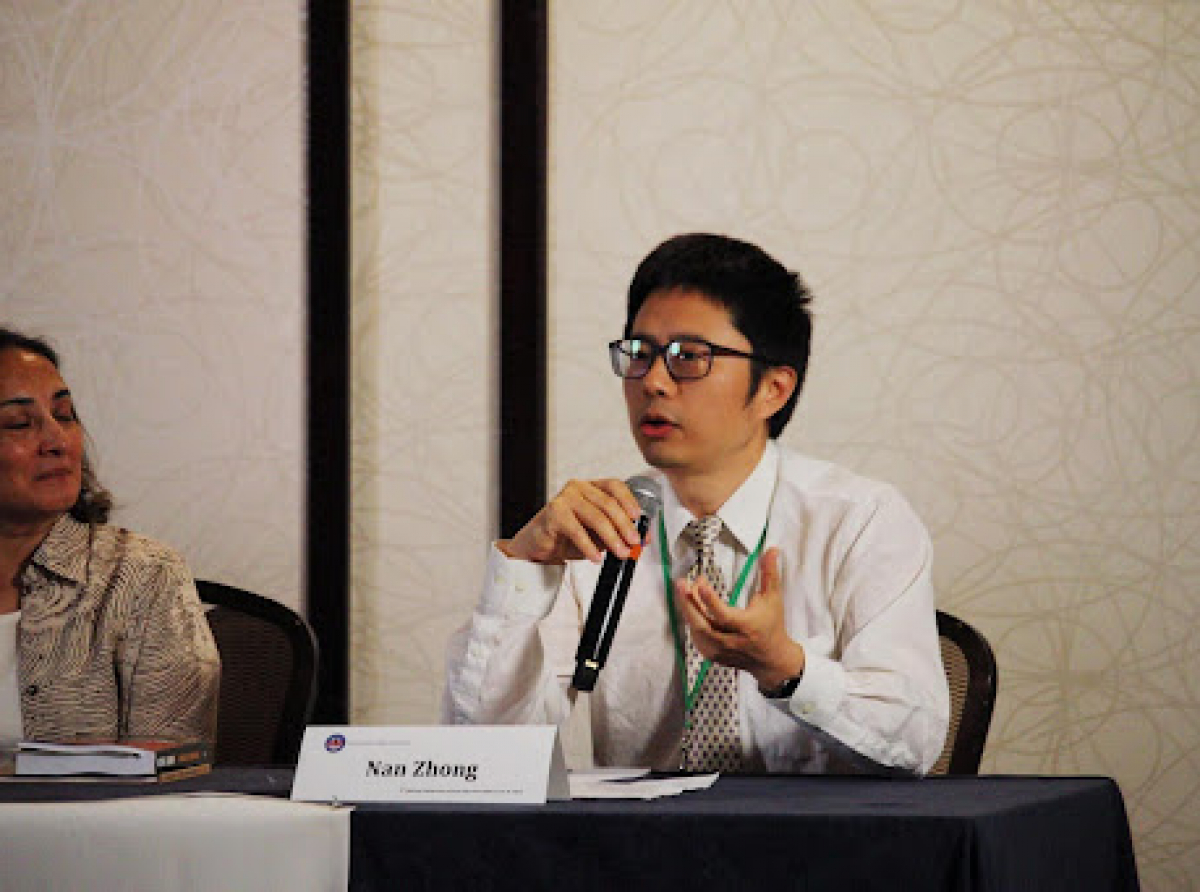[中文版本]
On June 29th, the Asian American Coalition for Education (AACE) held a conference on the topic of equality in education. The event hosted a large audience and several guest speakers from different groups and organizations such as the Heritage Foundation, the Pacific Legal Foundation, AACE itself, and many others. It was not only an opportunity for discussion and debate forums, but also served as a celebration for the one-year anniversary of the landmark SFFA v. Harvard/UNC Supreme Court decision.
For 46 years, the Supreme Court had allowed colleges and universities to consider an applicant’s race among other factors in their admissions decisions, primarily to promote educational diversity. However, SFFA (Students For Fair Admissions) argued that Harvard and UNC's admission practices resulted in lower admission rates for Asian American applicants despite their stronger academic credentials compared to other racial groups. SFFA stated that these types of admissions practices were causing unjust discrimination, and asked the Supreme Court to disallow universities from taking race into account as a factor in future admissions policies and applications. Instead, SFFA suggested that colleges should be mandated to change their processes to one where admissions officials would not know the race or ethnicity of the applicant they were reviewing.
The AACE, organizers of the conference, hosted the event at the Hyatt Regency on Capitol Hill. The audience included employees of government agencies, non-profit organizations, and lawyers from legal foundations.
Also attending the conference were keynote speakers Mr. Patrick Strawbridge, lead lawyer in the SFFA case, and Prof. Gail Heriot, U.S. Civil Rights Commissioner. Their speeches referred to recent legal battles in shaping admissions policies and promoting fairness in college admissions, as well as the need for strict implementation and oversight to ensure that these rulings would be integrated adequately. Several people expressed doubt that colleges would adhere to these new standards or change their admissions policies without oversight from a third party.
Following the speeches was a debate panel on the effectiveness of standardized testing in college admissions. Many speakers and even audience members called attention to disparities in test preparation and access, highlighting concerns that standardized testing exacerbates inequalities rather than easing them. Additionally, several speakers pointed out that standardized testing preparation depends heavily on how closely educators are following the standard curriculum, or in essence, teaching what will be on the standardized testing instead of what students need to know.
The conference also dedicated a large portion of its time to discussions on improving K-12 educational outcomes for underperforming minority students. Speakers, including education policy experts such as Dr. Richard Sander from UCLA, emphasized the need for targeted interventions and equitable resource allocation to address systemic barriers to academic success. A recurring topic was the focus on how several top colleges across the US were found to be guilty of rejecting students with stronger applications to safeguard their diverse student body, as in the aforementioned SFFA v. Harvard case.
After the conclusion of all three debate panels and several speeches by guest speakers, everyone, including most of the audience, left the Hyatt and walked a few minutes to the nearby Supreme Court building. They then gathered on the white marble steps in front for a memorable group photo.
(Contributed by the CAPA-MC Junior Reporter Club)







